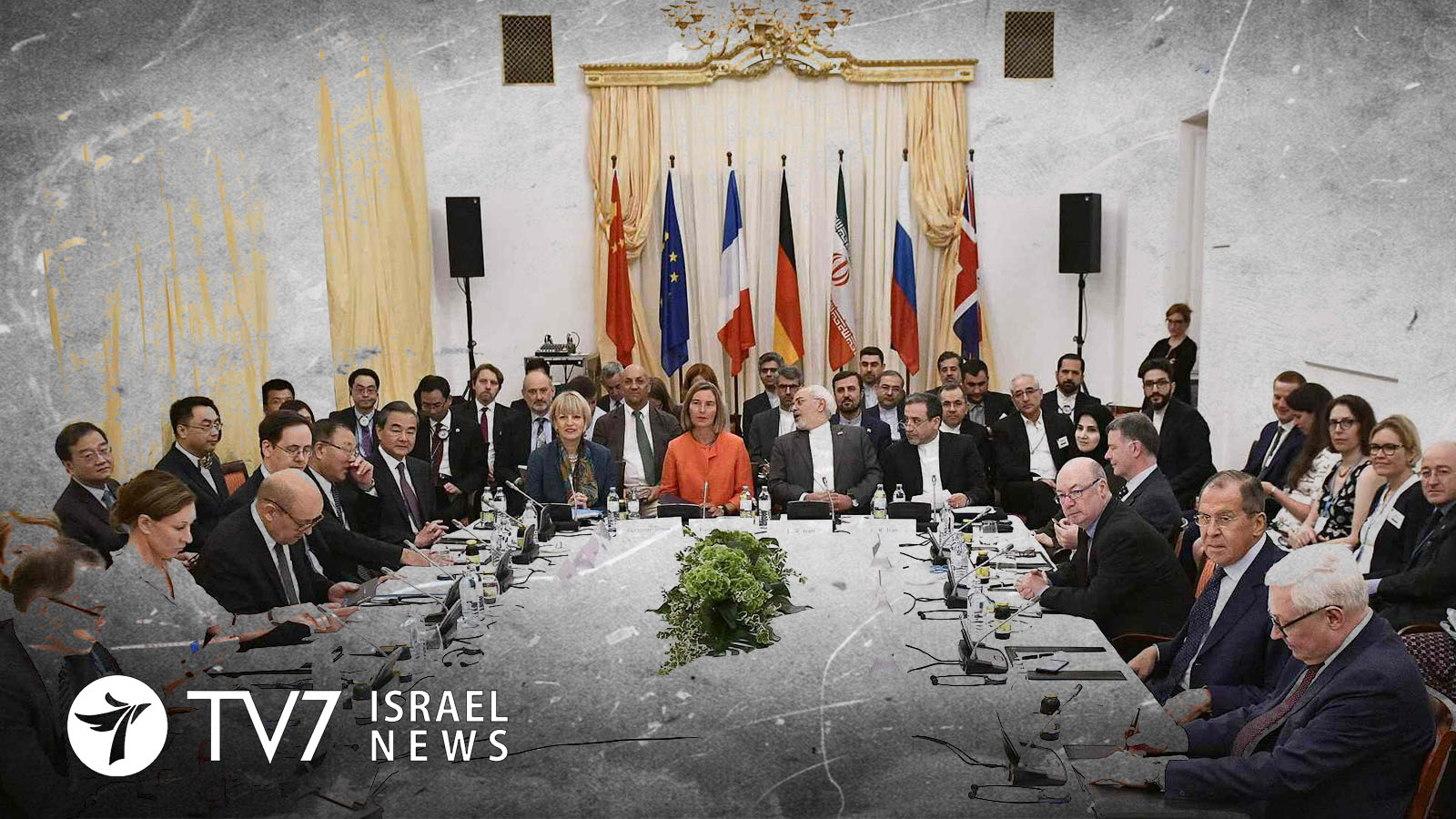EU Foreign Policy Chief Federica Mogherini underscored ongoing unity among EU-member states with regard to the 2015 nuclear agreement with Iran. During a Q&A at the American Harvard Kennedy School of Science and International Affairs, the European top diplomat rejected claims of economic reasoning for the European efforts to preserve the deal, asserting that security concerns remained the sole purpose of its efforts to preserve the nuclear agreement. Mogherini stated, “We as Europeans take it [the JCPOA] as a security priority for us. We do not want to see a country as close and as politically distant from us as Iran developing a nuclear weapon.”/” We believe that without the JCPOA in place, the IEA [the International Energy Agency] would be out of the country in five minutes, no controls, no monitoring, no limits. Iran developing a nuclear weapon would immediately call for others in the region to do the same, then you have a nuclear arms race in the middle of the Middle East …. We don’t want to go there, and this is why we’re working so hard to keep the agreement in place. It’s a purely security non-proliferation priority we have.”
While Mogherini listed many security related reasons to the European position on the Joint Comprehensive Plan of Action, she underlined that contrary to voiced allegations of leniency toward the Ayatollah Regime, the European Union has a series of sanctions in place on Tehran, for their support for terrorism, human rights violations and many other issues, which Brussels does not shy away from. Mogherini further underscored that since the 2015 nuclear agreement, under the Obama Administration, the European Union had more sanctions imposed on Iran that the United States. In her words, “We have sanctions in place on Iran for terrorism, for their support to the Syrian regime, for human rights violation and for many other issues. And there was a moment, just before the reposition of sanctions in November, that EU sanctions on Iran were tougher than the U.S. sanctions. We had sanctions in place that the U.S. didn’t have. But, we want to keep the nuclear agreement in place because its working.”
